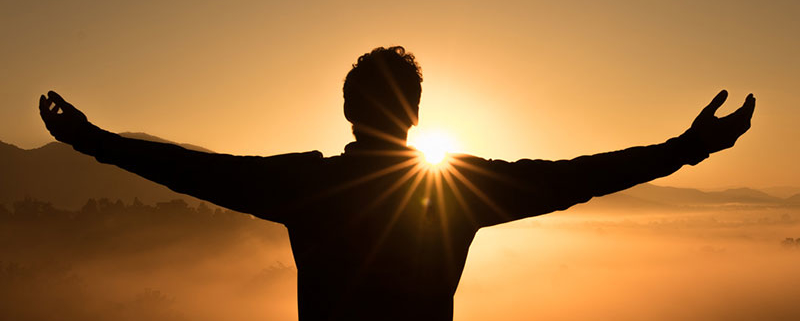Changing cultural norms may aid men’s health
From the Jackson Hole News & Guide Column Sound Mind
Mental health awareness month, May, recognizes that 1 in 5 adults will experience a mental illness this year.
Roughly 60% will not seek treatment due to barriers.
June is recognized as Men’s Health Awareness Month.
Men make up almost 80% of suicide victims in the United States. Men living in small towns, rural areas and other places with fewer resources have particularly high rates of suicide. In fact, Wyoming has the third-highest rates of suicide in the country.
In general, men tend to seek treatment for mental health problems less than women, yet they experience mental illness in the same or greater numbers than women. There are several theories about why that happens.
Mental illness carries a good amount of stigma in general, but there may be stronger barriers for men due to the perceived norms of masculinity.
Many boys learn that expressing vulnerability is a weakness. Many are taught to suppress emotional responses other than anger and happiness. If they are not taught how to express and process a variety of emotions, then as adults they may be limited to anger when dealing with depression or life stresses.
“Traditional masculinity is psychologically harmful,” the American Psychological Association states. “Socializing boys to suppress their emotions causes damage that echoes both inwardly and outwardly.”
New guidelines on traditional masculinity suggest “socialization for conforming to traditional masculinity ideology has been shown to limit males’ psychological development, constrain their behavior, result in gender role strain and gender role conflict, and negatively influence mental health and physical health.”
A man with more “traditional views of masculinity” may think himself weak or judged if he is unable to “tough it out” on his own or admit to struggling.
Seeking support may conflict with the view that a man must be stoic, independent and aggressive and have emotional control. That leaves some men feeling isolated and angry.
How can we go about changing this?
The National Institute of Mental Health has a new campaign, called “Real Men. Real Depression,” that aims to normalize help-seeking.
There are other supports, like ManTherapy.org, that attempt to use discussions with all sorts of men — including famous athletes — about struggles with depression and anxiety to model and normalize the issue with humor. It’s been shown that men are more likely to seek treatment for problems they feel other men are dealing with as well.
In addition to changing perceptions about seeking support there are also some attempts to change the way society views masculinity. In addition to the campaigns mentioned earlier there are several targeted suicide prevention efforts, like Making Connections for Mental Health and Wellbeing Among Men and Boys, a program provided through a partnership of the Movember Foundation, Prevention Institute and a team from the University of South Florida.
In addition, several educational films, such as “Tough Guise” and “The Mask You Live In,” are sparking discussions about how boys are raised.
Changing attitudes about admitting vulnerability and seeking help is also something that we can all participate in. Being aware of our own language and approach to culture and norms could also go a long way toward reducing the stigma not just for men but for everyone who needs support.
